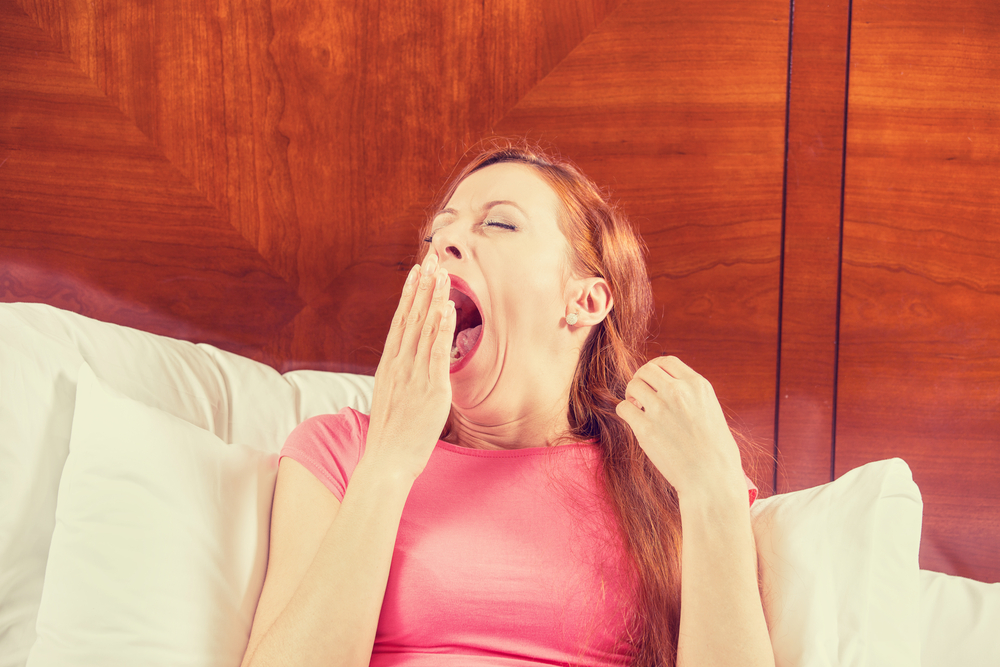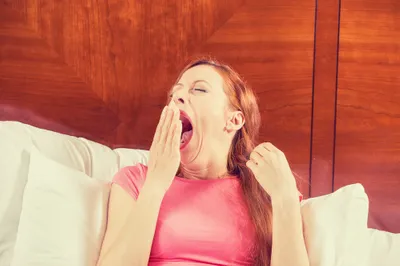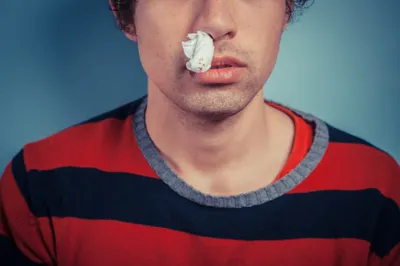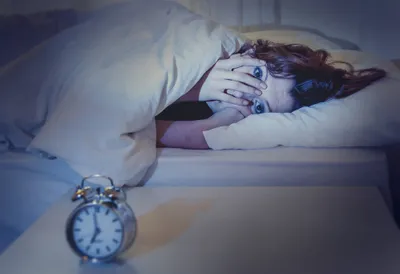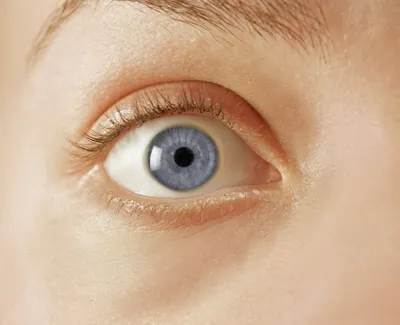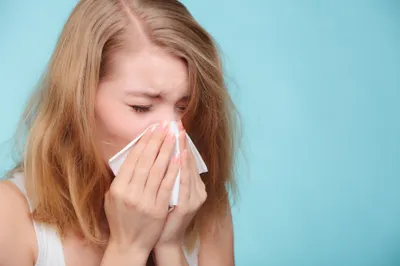A sudden yawn, an embarrassing hiccup, or an involuntary muscle jerk—we’ve all experienced our share of body curiosities. You know; when your body does something totally out of the blue without your conscious intent. Hiccups, yawns, muscle twitches, sleep walking, sneezes, and spontaneous nose bleeds can take you off guard, but believe it or not, there are perfectly reasonable and scientific explanations behind these wacky body behaviors…
1. Contagious Yawns
You just know that you’ll yawn if you see someone else yawn first…it’s inevitable. Yet you likely don’t know what triggers that domino effect of yawns. No, it isn’t a law of the universe nor an empathetic reaction as was once believed, according to a study conducted by the Duke University School of Medicine, in North Carolina.
The study, published in the journal, PLOS ONE, monitored the susceptibility of yawns among 328 healthy study participants and found that 222 yawned after seeing another person yawn. Findings showed that this type of contagious yawning—which excludes yawns due to lack of sleep or plummeting energy levels—was strongly dependent on age. While older participants were less likely to yawn in response to another yawn, younger study participants were more prone to contagious yawning.
2. Sleep Walking
Walking during sleep occurs among roughly 15-percent of individuals, according to the National Sleep Foundation, mostly children under the age of 7-years-old. Other than the act of walking, somnambulism (the medical term for sleep walking) can involve weird behavior during deep sleep—including sitting up in bed, looking/moving around the room, walking, leaving the house, and even driving.
Luckily sleepwalking isn’t linked to any underlying psychological problem. However, it can be triggered by sleep deprivation, taking sedative medications, drinking alcohol, febrile illness (high temperature), and childhood sleep apnea. Sleepwalking, like sleep terrors, also has genetic significance. The myth that you shouldn’t wake a sleepwalker is false. In actuality sleepwalking is the leading cause of sleep-related injury.
3. Spontaneous Nose Bleeds
Messy, embarrassing, and downright scary are three emotions associated with spontaneous nosebleeds. Luckily, according to the experts at WebMD, the bleeding is often more daunting than the reasoning behind your gushing nose.
The prime reason for a nosebleed is typically dry nasal passages due to allergies or colds, overuse of nasal sprays, or picking your nose, which can irritate and damage nasal blood vessels. To stop the bleeding, tilt your head forward and place pressure below the nasal bone for 5 to 10-minutes. If bleeding continues longer than an hour, go to the hospital.
4. Jerking Awake
Many people describe it as a feeling of falling that jerks you violently awake when you’re just about to fall asleep. Regardless, it’s often difficult to get back to slumber afterwards. Referred to in the medical world as Hypnagogic Jerks or Hypnic Jerks, doctors at the New York Neurology and Sleep Medicine Clinic, reassure that jerking awake is caused by nothing more than spontaneous muscle contractions.
These sudden and surprising muscle jerks are quite common, affecting roughly 70-percent of all individuals. Their surprising nature occurs just as the brain shifts the body from a state of alertness to slumber. Fortunately, jerking awake like this isn’t any cause for concern.
5. Muscle Spasm
A vibrating muscle in your leg, arm, or most commonly, in your eyelid, feels pretty strange. However, spasms like these are caused by nothing more than a series of minor muscle contractions that are concentrated to one area of the body. Often they’re caused by stress, lack of physical activity, or sleep deprivation.
A subtle twitch in your eyelid or arm will likely dissipate in a few hours to a few days. However, according to research from the National Institute of Neurological Disorders and Stroke, if a lingering jumpy spasm is accompanied by muscle weakness, it may be the result of a medication—particularly antidepressants—or an autoimmune disease.
6. Hiccup…Hiccup
Hiccups are downright annoying and they often come about at the very worst of times—prior to an interview or big presentation. According to WebMD, that hiccup, hiccup, hiccup that just won’t go away is the result of taking in excess air as your upper chest contracts and your voice box closes…resulting in that “hic” gasping sound.
Luckily, hiccups are harmless, albeit the annoying result of eating, chewing gum, or drinking carbonated beverages too quickly. Deep slow breathing and drinking a glass of water (slowly) will usually help relax the muscles in the diaphragm and banish hiccups.
7. Sonic Sneezes
My childhood best friend would step outside on a cold winter morning and sneeze her way all the way to school. If you suffer from light sensitive, or light reflective sneezing (i.e., sun reflecting off snow or photography flashes) you’re not alone.
According to Dr. Nicolas Langer, a neuropsychology researcher the University of Zurich, approximately 18- to 35-percent of humans experience the phenomenon known as the “sonic sneeze” or the photic sneeze reflex when met with bright lights. This occurs when the brain mistakes light for a nasal irritant. Also proclivity to the photic reflex sneeze is gained through genetics.
